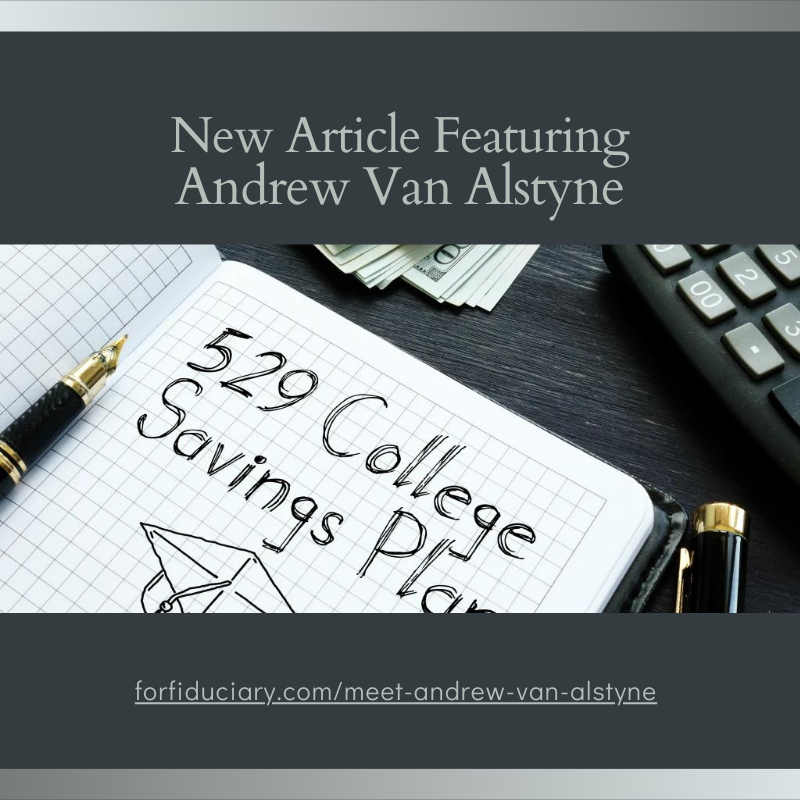Making the Most of Cash Balance Plans: A Simple Guide for Business Owners
/A cash balance plan helps business owners save more for retirement while lowering taxes. With higher contribution limits than a 401(k) and tax-deferred growth, these plans offer major financial advantages. Employers fund the plan, providing stable benefits for employees. While they require annual contributions and administration, the tax savings and wealth-building potential make them a smart choice for high-income professionals.
Read More




































A cash balance plan helps business owners save more for retirement while lowering taxes. With higher contribution limits than a 401(k) and tax-deferred growth, these plans offer major financial advantages. Employers fund the plan, providing stable benefits for employees. While they require annual contributions and administration, the tax savings and wealth-building potential make them a smart choice for high-income professionals.